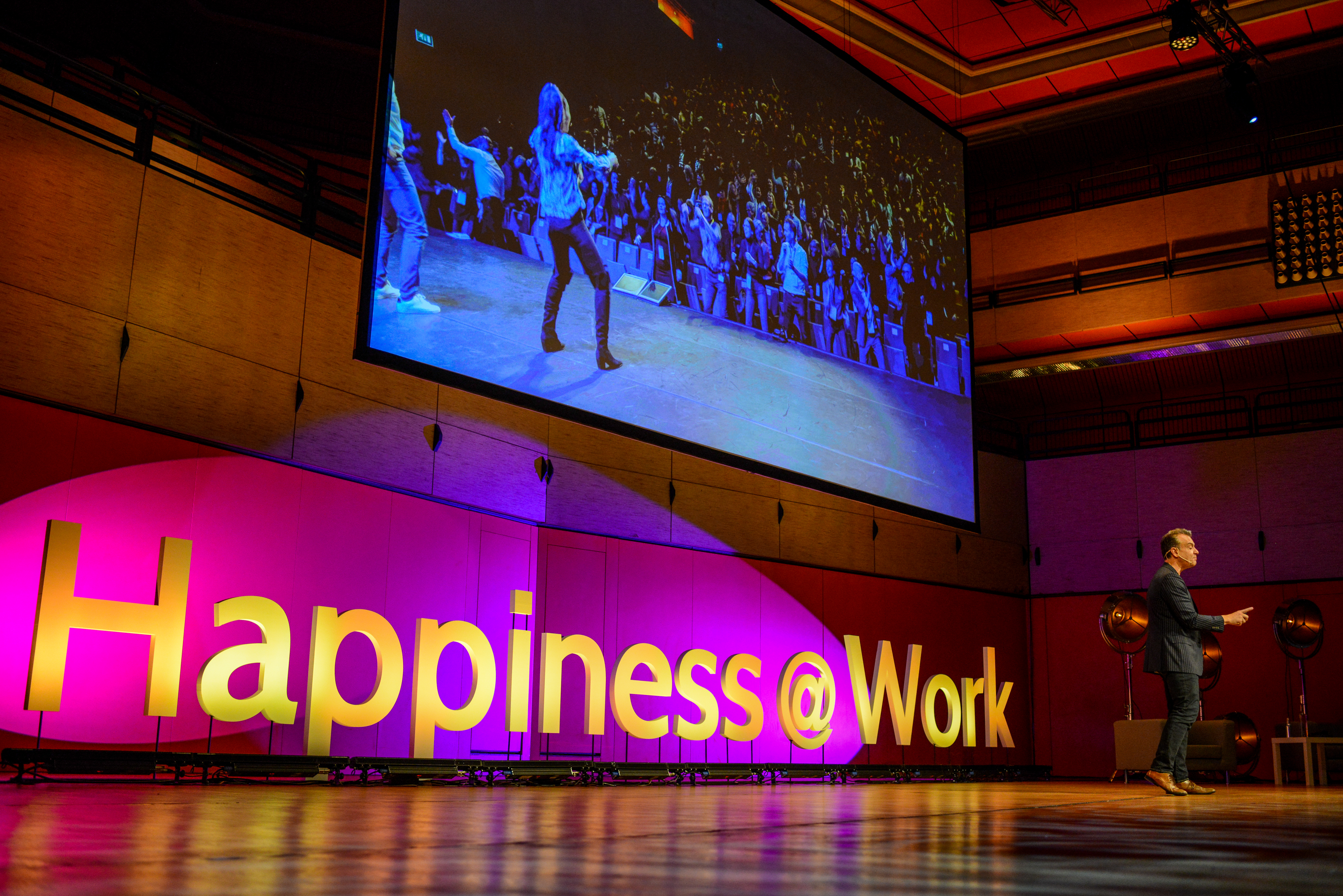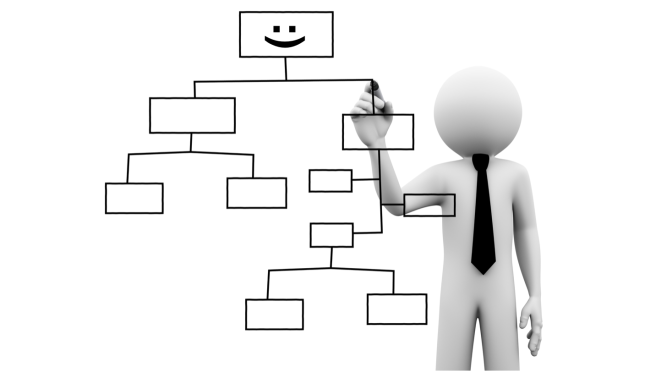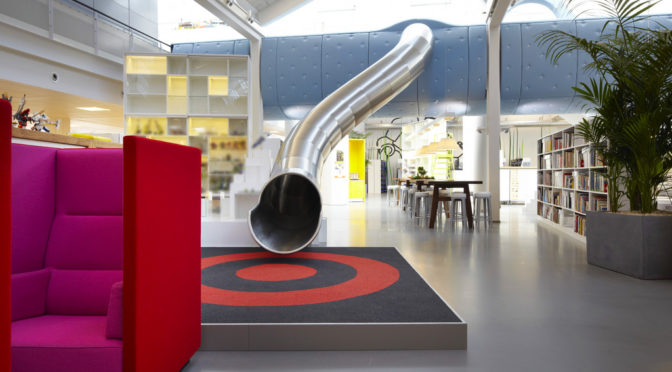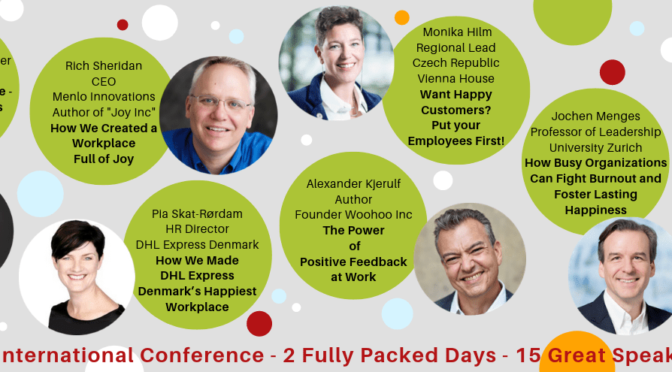In 2015 we started the Woohoo Inc Partnership and we now have partners promoting happiness at work in 30 countries.
We are incredibly proud to be supporting these amazing people. Here are some examples of the fantastic work they do.
Argentina: Team building with purpose
Grupo Aukera in Buenos Aires did a teambuilding workshop for a big international insurance company where the teams had to work together to assemble bicycles.
But there was a surprise:
While the teams were working, they all thought that the bicycles would be drawn by the participants or that they would be left for the winning group.
The surprise was that by the end of the game when the bicycles were finished, the real “clients” were poor children who received help from an NGO and used bicycles not only for playing but also to go to school or to the dining room where they they served food daily. In this way the concept of “Results” came up very clearly, understanding the meaning of our work.
What a great idea – and one that lead to a 50% improvement in that division’s satisfaction surveys.
Lebanon: The country’s first ever conference about happiness at work
Randa Farah of I have Learned Academy arranged a conference on happiness at work in Beirut and over 300 people came and saw some great local and international speakers at a very creative and fun event.
Belgium: Running a happiness program at the Department of Education
Tryangle are currently running a program which consists of a hybrid pack of webinars and keynotes on how to become happier at work with a focus on teamwork and communication. Griet Deca from Tryangle noted that:
Everybody in the department can enroll in their activities and for the first webinars we had a lot of participants. They were actively engaged creating a lot of interaction. And that made Kim, who did the webinar, also happy!
Hybrid learning tracks help to a) balance the budget and b) keep the happiness-idea alive all through the year. The fact that the participants of the webinars will meet the webinar animator is a big added value according to the feedback we get.
The public sector needs more happiness at work and doing a blend of online and physical learnings helps make the training more effective and affordable.
Poland: Putting workplace happiness on the agenda for the first time
Many Central and Eastern European countries have no tradition for focusing in happiness at work so getting attention can be tough. But Kasia Kern has been very successful in changing the conversation using a combination of social media, webinars and physical meetups.
I put together 1 hour webinar called “10 ways to become happier a work”. I remember that I posted it in the network and I literally went for vacation with my family. While sitting on the beach, I couldn’t believe what was happening, I was getting one email after another notifying me that another person register on my webinar.
When I came back I did my first webinar for 100 people, much more than I expected. So I repeated it several times and there was a similar audience each time.
I then decided to organize a few free of charge meetings in the biggest cities in Poland, to share more on Happiness at Work and included local companies to share their best practices. These events have also been sold out and attracted a lot of attention.
She will also be doing Poland’s first conference on happiness at work later this year!
Czech Republic: The world’s biggest conference on Happiness at Work
Our partners in the Czech Republic have done an annual conference on happiness at work for 4 years. It started out small with 70 participants but the latest edition had over 500 attendees, making it the biggest conference about happiness at work anywhere in the world.
UK: Rocking a closing keynote
Sarah Metcalfe of Happy Coffee Consulting in the UK gave the closing keynote at a conference called When Digital Becomes Human. She got awesome feedback, lots of questions and a 4.5/5 speaker rating.
Slovenia: Getting published
Petra and Maja of Paleta Znanj managed to get workplace happiness into some of the major business publications in Slovenia:
We prepared two articles on happiness at work for two professional magazines and they will be published in April and May. First will be an article for Direktor (a magazine focusing on development of managers) with more focus on long term and strategic advantages of H@W and leading with happiness. The second one comes out in May for an HRM magazine (focused on HR professionals) about happiness at work and its importance for a positive organizational culture.
Both magazines have a reach of few thousands, which is quite a lot for our country.
Israel: Launching a happiness board game
Games are a great path to learning and PlusConsulting in Israel have launched one that is focused on strengths and happiness at work:
FINDING THE PLUS is an interactive fun game that boosts happiness and enables participants to learn tools and solutions from the sciences of happiness at work and positive psychology.
“Finding the PLUS” game, will help you learn to implement and practice the positive perspective in a fun and engaging way. Through the game the players will get familiar with the four aspects of positive psychology: mental, emotional, physical and social. They will learn and practice new techniques that will enable them to increase their happiness level, become more empowered, improve their performance as well as their wellbeing.
How awesome is that!
Italy: The first conference about happiness at work
People 3.0 arranged their country’s first ever conference on workplace happiness with local and international speakers and 100 participants.
Much more coming
There are many, many more great things coming from the partner network. They are, without exception, smart people with great skills who are doing amazing work. If you’re looking for a local speaker or consultant to make your organization happier and more successful, you can see the whole list of partners here.
Are you interested in becoming a partner? Read all about the partnership here.
































